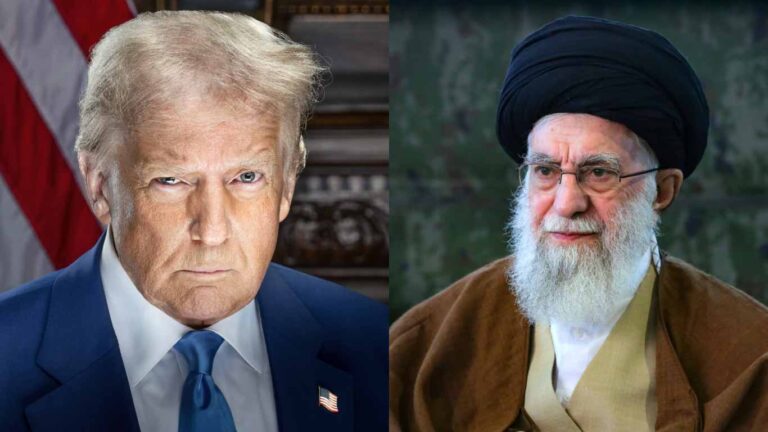 The European Jewish Congress has welcomed and applauded the first steps taken in the Lithuanian parliament to legalize religious slaughter. The bill passed its first reading in the Seimas (Parliament of the Republic of Lithuania) by 51 votes for the law and two lawmakers voted against.
The European Jewish Congress has welcomed and applauded the first steps taken in the Lithuanian parliament to legalize religious slaughter. The bill passed its first reading in the Seimas (Parliament of the Republic of Lithuania) by 51 votes for the law and two lawmakers voted against.
“We are delighted by the result of the first reading in the Seimas, it sends a very welcome signal that the tide may be turning against those who seek to ban and proscribe Jewish traditions in Europe,” Dr. Moshe Kantor, President of the Jewish Congress. “Moreover, the fact that Lithuania currently holds the Presidency of the European Union means that this law will have an extremely strong symbolic significance for the rest of Europe.”
Religious slaughter was banned in EU neighbor Poland on January 1 after its Constitutional Court deemed it incompatible with animal rights legislation, and there have been other attempts in Europe to ban religious traditions like circumcision.
“We face significant opposition to our traditions in Europe, but we are glad to be winning some significant victories for freedom of religion on our continent,” Kantor said. “Freedom of religion is one of the EU’s founding pillars and those who fight against it are compromising the principles of tolerance and mutual respect which the new Europe is supposed to be built upon.”
“We are continuing to work with all European communities under threat, including Poland, where together with the Polish Jewish community we are working to overturn the ban and are awaiting the court’s decision on the matter.”
(YWN World Headquarters – NYC)











2 Responses
A more effective technique would be for Israel, and in particular, the United States, to support economic sanctions against countries engaged in overt anti-semitism such as banning shechita or bris milah. In the US, there would be significant support for persons of other religions. Indeed, I would suggest that we make support of sanctions against anti-religious policies a “litmus” test for politicians.
it also means $$$ for Lithuania in terms or economic activity.